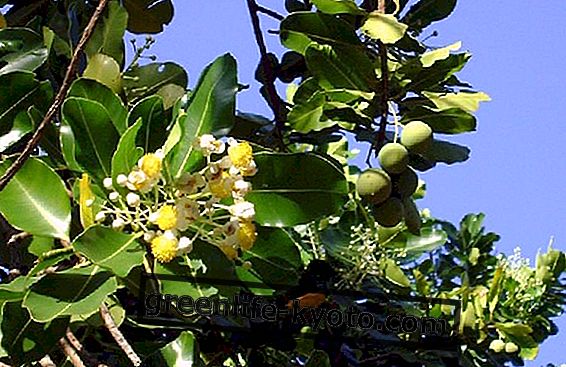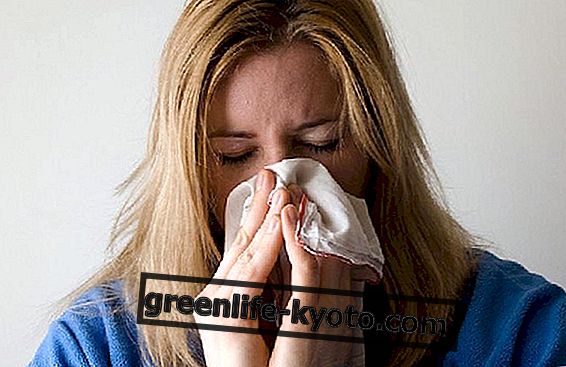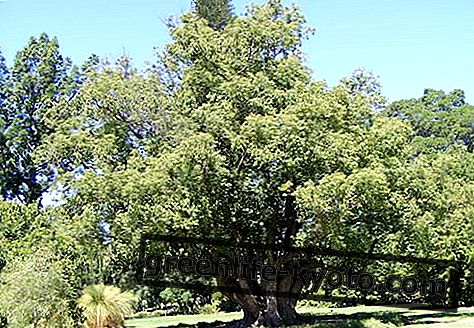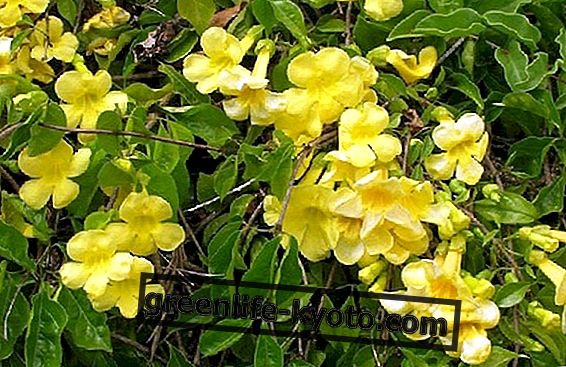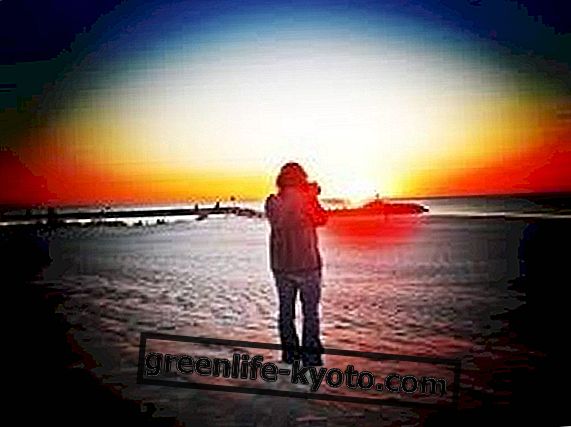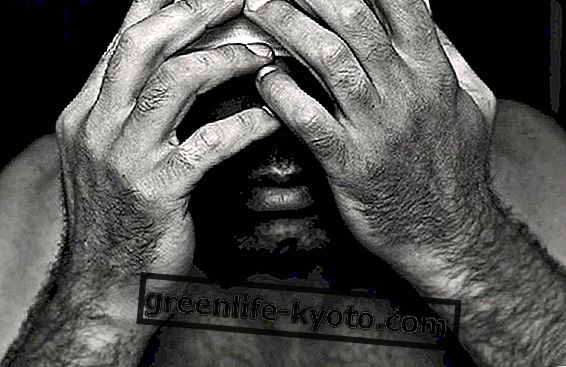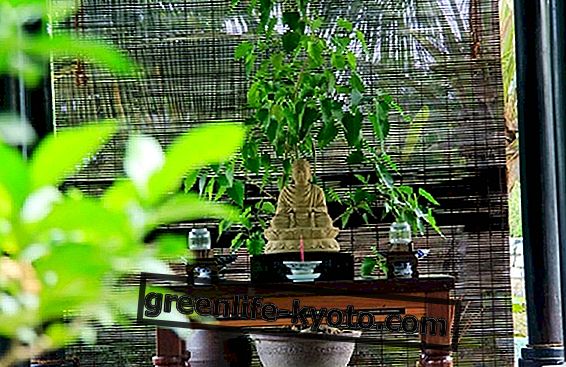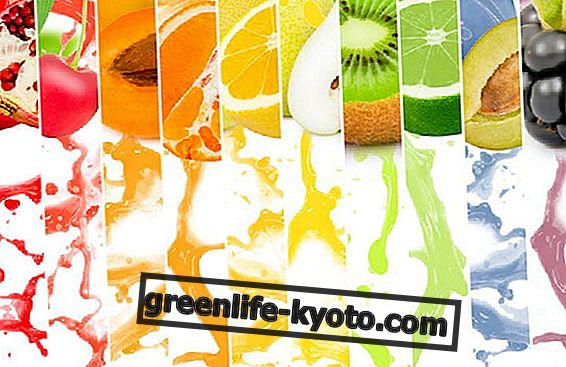
Thanks to an intervention on our site by Prof. Harry Tallarita, Director of the Anea Academy and National Secretary of the National Institute for Naturopathy, new elements emerged about the regulation of the naturopath . In discussion in the Senate there is a DDL that very specific role, areas and competences of this professional figure. The intervention of the professional has generated interesting comments from the experts of the sector. If you are interested, you can find on the web the DDL on the recognition of the naturopath as a "non-medical healthcare provider".
We wanted to open a dialogue with Dr. Adele Lamonica, who immediately proved to be available for in-depth study and comparison. Dr. Lamonica is Director of the Naturopathy Course and President at the Giordano Bruno Higher Institute of Culture, as well as Vice President of the National Institute for Naturopathy (INAT).
Let's be clear. The naturopath is not a doctor . So how can you define it?
In all these years there has always been a great confusion regarding the figure of the Naturopath. It has usually gone from opposite to another (from shaman / magician to his definition of "doctor"), drawing out definitions that NEVER came from the world of Naturopathy and its operators. Obviously the total lack of correct information causes misunderstandings to be generated. All this is also due to the fact that generally in the media, everyone is invited to talk about naturopathy, except for Naturopaths, and this logically generates a series of completely personal interpretations of the discipline that have nothing to do with reality. Giving a complete definition in a space like this is quite reductive.
To summarize as much as possible I will tell you that the naturopath is not a doctor, nor does he presume to be one.
For the philosophy underlying Naturopathy, the definition of "doctor" is very far from the mentality of the Naturopath. Let us say more correctly that the Naturopath is a complementary figure, which is mainly concerned with health education, primary care and health promotion through non-invasive methods for rebalancing the person, as better defined by the recent WHO document "Training Standards" in Traditional / Complementary and Alternative Medicine: Naturopathy " (in the original language, Benchmarks for Training in Naturopathy ):" A health profession that emphasizes prevention, treatment and promotion of optimal health through the use of methods and methods that encourage the self-healing process ( Vis Medicatrix Naturae ) ".
Essentially, a non-medical profession, distinct from the latter, as the Naturopath does not diagnose nosology or cure diseases, medical records. A figure that, on the contrary, contrary to what one might think, is in close collaboration with the doctor, according to an idea of Integrated Medicine that sees the user's well-being as the first objective.
Can we speak, as some sites do, of a "naturopathic health worker"?
We can talk about it as a hypothesis, as a goal. At present, the Naturopath is not contextualised in the Healthcare category, as we hope it is. It is precisely in this direction that the DDL n. 2152 Regulations on the regulation of the figure of health operator Naturopathic, presented by the White Senator and of which I contributed to the drafting with the INAT board, National Institute for Naturopathy.
This "no man's land" in which we live today only fuels a great deal of confusion and makes it possible to hypothesize solutions such as giving beauticians the possibility of "doing naturopathy" without an adequate course of study or encouraging the cheater of turn it is defined or it is defined automatically "Naturopathic". With all due respect to the beauticians, when doing health education or primary care, at the very least, it will allow me to have a solid medical / scientific preparation and a correct and punctual definition of the curriculum of the Naturopath and its procedure professional following the studies would give clarity to users and, finally, professional transparency to operators . To contextualize the Naturopath in health care would not only eliminate all the misunderstandings about the "scientific" nature of the discipline, but would finally insert the Naturopath in its ideal context which is that of health promotion.
In terms of regulation about natural cures, is Italy lagging behind other European countries?
Absolutely yes In Italy the resolutions of the European Parliament (1997) and of the Council of Europe (1999), which provide for the harmonization of the member countries with regard to the non-medical figures of the Complementary and Alternative Medicines (CAM) and never is the strategic plan on NCMs of the World Health Organization (2002) was adopted.
Furthermore, the important document that was presented in Milan in 2004 by the World Health Organization to protect the patient of MNCs or CAMs was also disregarded, entitled «Guidelines for the development of consumer information on the appropriate use of traditional medicine, complementary and alternative », in which the policies that governments should implement for the MNCs are underlined. In Europe the most recent laws on naturopathy have obviously been inspired by the WHO guidelines and by European ones such as the Lannoye-Collins Resolution ; considering the Naturopathy as a complementary discipline to official medicine, and practiced by properly trained non-medical practitioners. In fact, in Italy, far from taking all this into account we still live in a vacatio legis, which is certainly not wanted by the Naturopaths who work seriously, nor by the Naturopathic Associations that represent them.
In Italy, has each region equipped itself or is it setting up its own regulation for naturopathy ?
Currently there are two regions that have made progress in this regard: Tuscany and Lombardy . The regional law of Tuscany is up to speed. This means that since July registration on the regional lists has begun for: Naturopathy, Shiatsu, Craniosacral, Yoga and Pranopractic. The Lombard regional law still lacks implementation decrees. As in Tuscany, disciplinary tables have been set up, seeking a compromise between the different educational realities, in order to establish a common minimum standard. The approach of the regional laws was to take note of the presence on the territory of unregulated professionals and not "recognize the figure", but to protect the citizen who addresses them with a kind of non-obligatory blue stamp. Not being able to legislate in the health field, the regions move in the specially created sector of the "bionatural disciplines". They claim that well-being is the goal of these disciplines and not health . As you see, you still play with words.
The disquisition on whether the concept of well-being or health is broader could last forever and lead to nothing. It remains to be said that the European trend is towards a high level education, at university level, because, whether we talk about wellbeing or health, the operator should be able to understand when the person who addresses him is should be sent to the doctor, as he is suspected of having a pathology. This essential assumption merely underlines the need for collaboration with the medical profession and here we are back to the concept of health.
One of his comments in the portal aroused our interest: "At every turn, when some scoundrel commits some abuse or some serious damage, he is automatically labeled by the media as a" naturopath "only to discover that he had nothing to do with naturopathy." . This greatly slows down the process of regulating the figure of the naturopath and discredits the 15, 000 naturopaths who carry out their work in Italy professionally. The bill of 3 May 2010 deposited in the Senate provides a way to remedy the risky inconvenience?
The main objective of the proposed law is to define the professional profile of the operators in Naturopaths and the indispensable training path for a correct professional exercise to protect the user. Likewise, the role of trade associations is introduced, as tutors of the quality of the profession and guarantors of updating and observance of the Code of Ethics, as per the EC Directive of 2005 .
A National Register of Naturopaths is also introduced. In short, a 360 ° regulation to end this no man's land in which we are groping today and in which, in the name of Naturopathy, we can say and do anything. Look, I'm very self-critical. Such a regulation also serves to bring order into the world of Naturopathy itself, where today, precisely because of this lack of indications and rules, characters and situations that certainly do not benefit the image of the discipline can gravitate.
Obviously in this situation it is easy to make cheap criticism and, as you mentioned citing my statement, especially the media often emphasize facts and circumstances in which we talk about Naturopathy or Naturopaths, only to discover that these self-styled naturopaths have no attestation of studies in Naturopathy, are not enrolled in any Category Association, and do not comply with all the tax and insurance rules that are used to practice the profession. Features instead of the serious Naturopath professional always has.
If an Italian citizen has any disorder, the first instinctive reaction is to go to the doctor. I mean that until recently, addressing the naturopath was not even a contemplated possibility. Are things changing?
Things have changed to the extent that today in Italy, as in the rest of Europe, the population increasingly uses complementary services and non-medical and unconventional empirical practices, including Naturopathy. But this is exactly what he sees: there is no antithesis between conventional medicine and natural therapies. These manichisms do not facilitate dialogue and above all do not benefit users. The desirable reality, as I said before, is to think of an "integrated healthcare" where conventional medicine and unconventional methods can walk together as it should be. I give you a practical example: if an oncological patient went to the naturopath, he would not be a good naturopath who presumed to face such a situation with the methods of Naturopathy.
The professional naturopath would never do it. On the contrary, he would advise his client to go to the oncologist to deal with the appropriate treatments for the situation and, together with the oncologist, he would help his client with the sweet methods typical of Naturopathy to face more serenely the side effects of chemotherapy. I gave her a limitative example because there are realities in which we already operate in this way.
Are there specific disorders or families of disorders for which it would really be advisable to hear a naturopath before any other professional figure?
As I told you before, the Naturopath does not "cure the disorder". The Naturopath makes prevention and health education. It is therefore clear that the naturopath is going to prevent the disorder from arising and becoming a serious disease. The advice is to go to the Naturopath to know how to deal with a healthy diet, to know and activate the healing capacity of your soil (where "soil" means the predisposition to some types of disorders); in other words, be aware of your health and the ability to manage it in a healthy way.
Basically the Naturopath is an operator (as contemplated in many European countries and by the WHO) that, through multiple techniques, favors the maintenance of the state of health and well-being of the person, based on its constitutional characteristics, or evaluates the predisposition to alterations functional, organic, the individual's reactive abilities, nutrition, habits and lifestyle, providing suggestions on the use of food, natural products and free-sale supplements. Naturopathy essentially therefore operates in the physiological and predispositional field and not in the pathological field. It goes without saying that, as I have already mentioned, the Naturopath must have a training such as to be able to collaborate with the doctor or other social-health figures.
You preside over the Giordano Bruno Higher Institute of Culture. Why the choice of this illustrious philosopher, alchemist, writer "who before teaching Europe the laws of the universal order was teacher in Noli of grammar and cosmography" (as we read under the portico of the Palazzo Comunale di Noli)?
Why dedicate the Institute to the Friar of Nola? Because Giordano Bruno was one of the most beautiful minds of his time, an enlightened free spirit who fought deeply for his ideas and convictions to the point of dying. A man who at a time like his has even hypothesized the existence of other solar systems and therefore of planets, some of which are inhabited by living and thinking beings.
And above all because Giordano Bruno advocated a naturalistic (albeit religious) vitality, panpsichic, the universal animation of the world, contrasting the bookish aridity of the Aristotelian pedants with the fresh feeling of life and nature . In short, an outsider .
What better godfather for an institute that does a naturopathic course? We like to think that, if Giordano Bruno had lived today, he would surely have been a naturopath!
